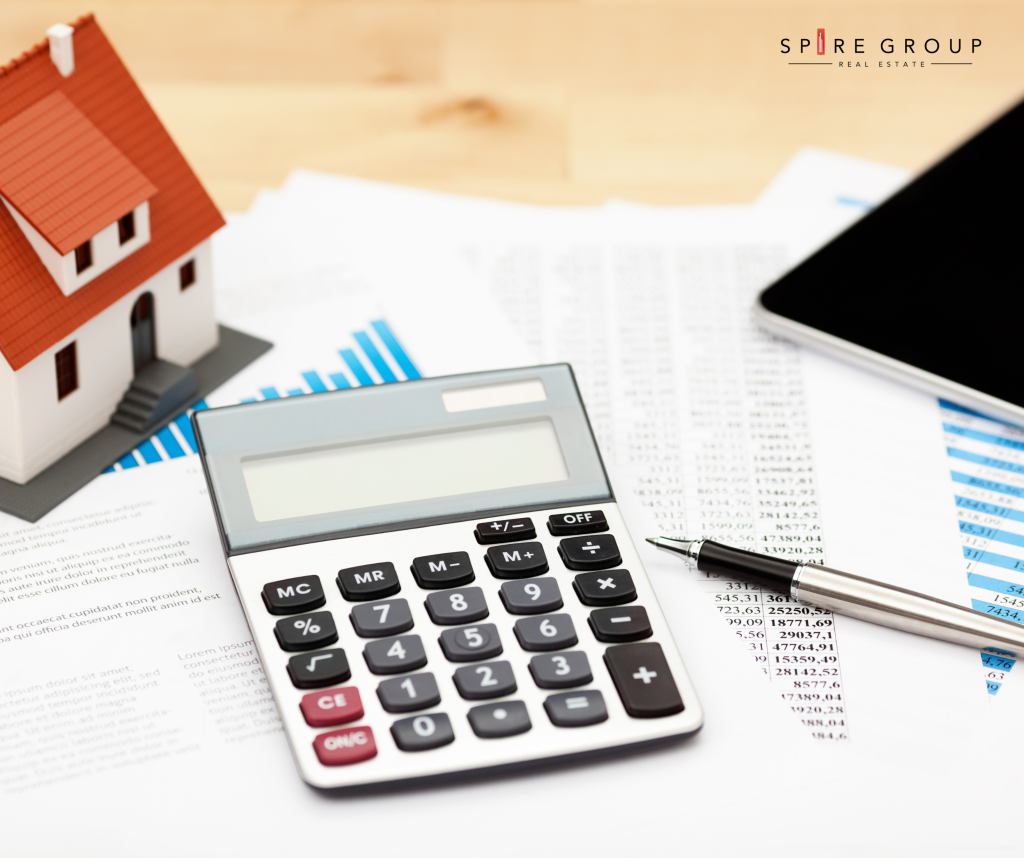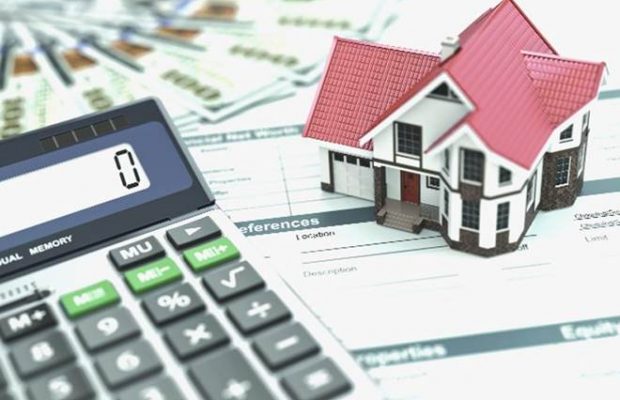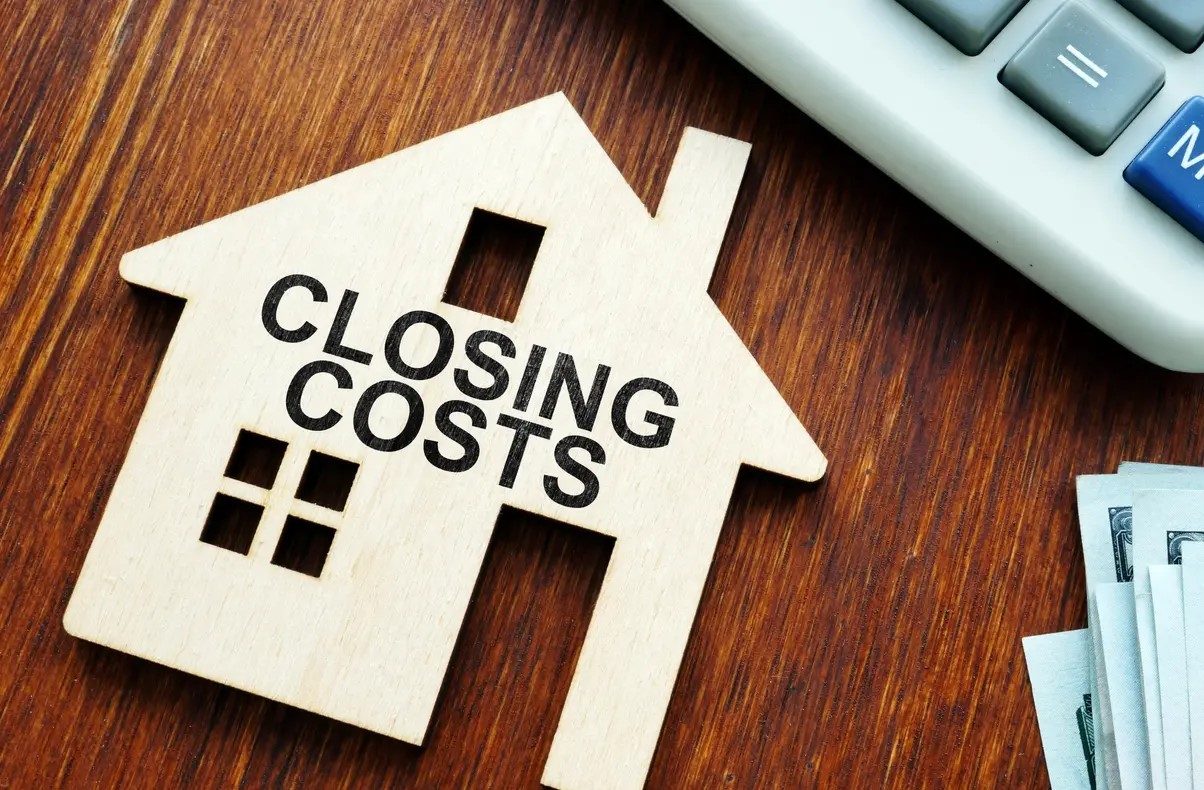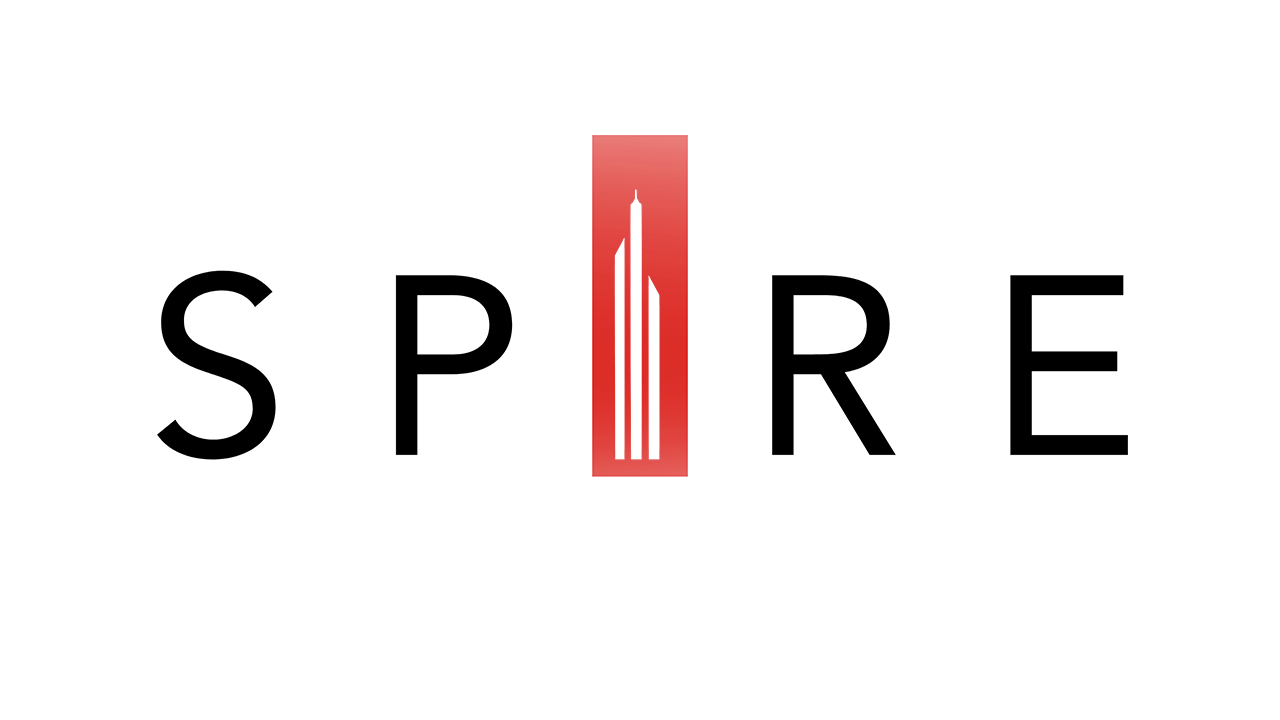How to be Financially Prepared to Buy Your First Home?

Purchasing your first home is an exciting milestone, but it can also be a stressful and complicated process, especially if you’re a first-time buyer. The financial preparation required can feel overwhelming, but with the right strategies, you can make the process smoother and set yourself up for success. Whether you’re ready to start saving for a down payment or looking for ways to improve your credit score, here are essential tips for preparing yourself financially to buy your first home.
1. Maintain Your Budget

The first step in preparing to buy a home is understanding where your money is going. Take a close look at your monthly income and expenses to see how much you’re spending on rent, groceries, dining out, entertainment, and other discretionary purchases. This will give you a clearer picture of your financial health and help you identify areas where you can cut back.
Budgeting Tools Can Help
Fortunately, there are many budgeting apps and tools available that can help automate the process. These tools allow you to categorize expenses, compare them with your income, and track your spending habits. This data can help you reduce unnecessary expenses and direct more funds towards your savings for a down payment.
Make Small Adjustments
You don’t have to eliminate all your lifestyle expenses to save for a home. For instance, if you dine out ten times a month, try cutting it down to five or six. You can also switch to generic grocery brands or cancel that expensive gym membership in favor of working out at home. These small changes can add up and significantly boost your savings over time.
2. Set Aside Funds for Future EMIs (Equated Monthly Installments)
It’s almost impossible for most first-time homebuyers to purchase a property without a home loan. However, paying EMIs every month can be a significant financial commitment, often higher than the rent you’re currently paying. To prepare, you can start setting aside funds for your future EMI payments.
Use an EMI Calculator
An online EMI calculator can help you estimate how much you’ll need to pay monthly for your mortgage. Once you know the amount, it’s a good idea to start practicing by setting aside that amount each month in your savings. This will give you a sense of how you’ll manage your finances once you start paying your mortgage and help ensure that you’re financially ready for this new expense.
3. Check and Improve Your Credit Score
A good credit score is crucial when it comes to getting approved for a mortgage. A low credit score or lack of credit history can make it difficult to secure a home loan, or you may only qualify for a higher interest rate, increasing your overall costs.
Understand Your Credit Health
Before applying for a mortgage, check your credit score and review your credit report. Pay attention to factors such as credit card balances, late payments, and outstanding debts, all of which can negatively impact your score.
Tips to Improve Your Credit
To improve your credit score:
- Pay down high credit card balances
- Avoid missing payments on any bills
- Don’t apply for new credit cards or loans before applying for a mortgage
- Keep older credit accounts open, as they contribute to your credit history length
The better your credit score, the better the loan terms you’re likely to receive.
4. Prepare for Closing Costs




